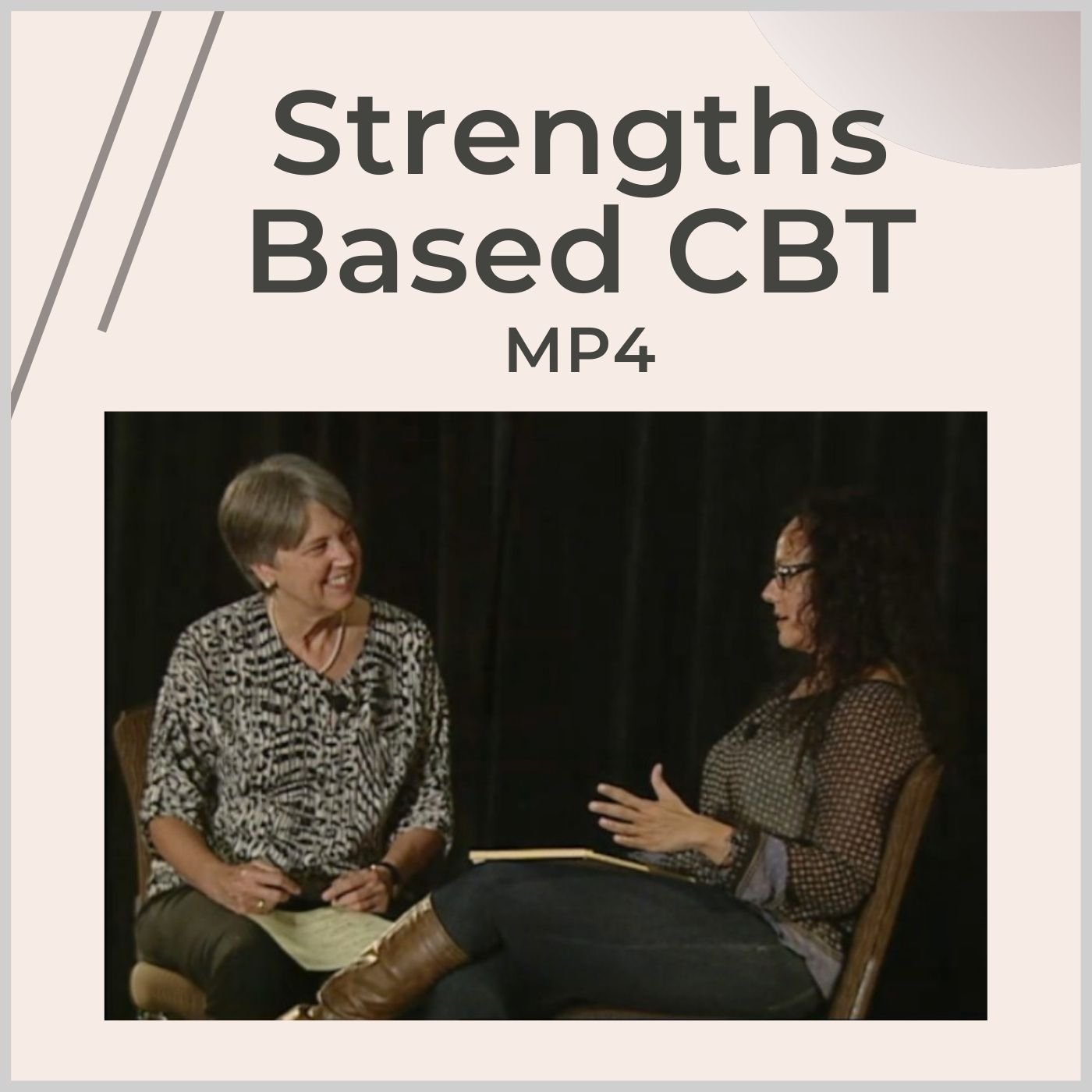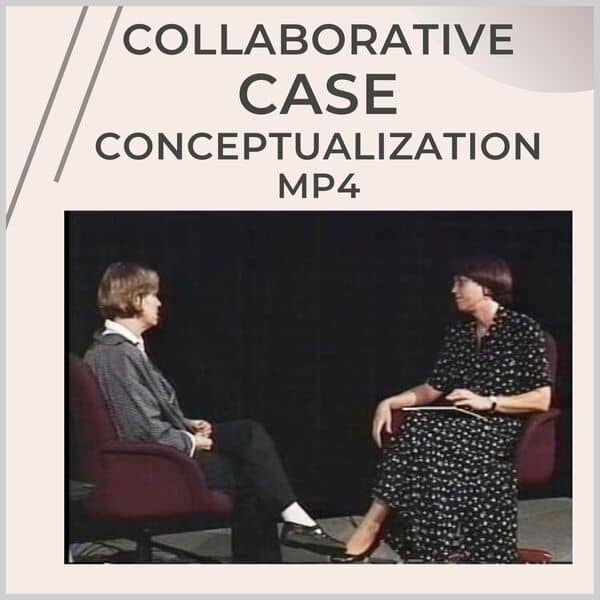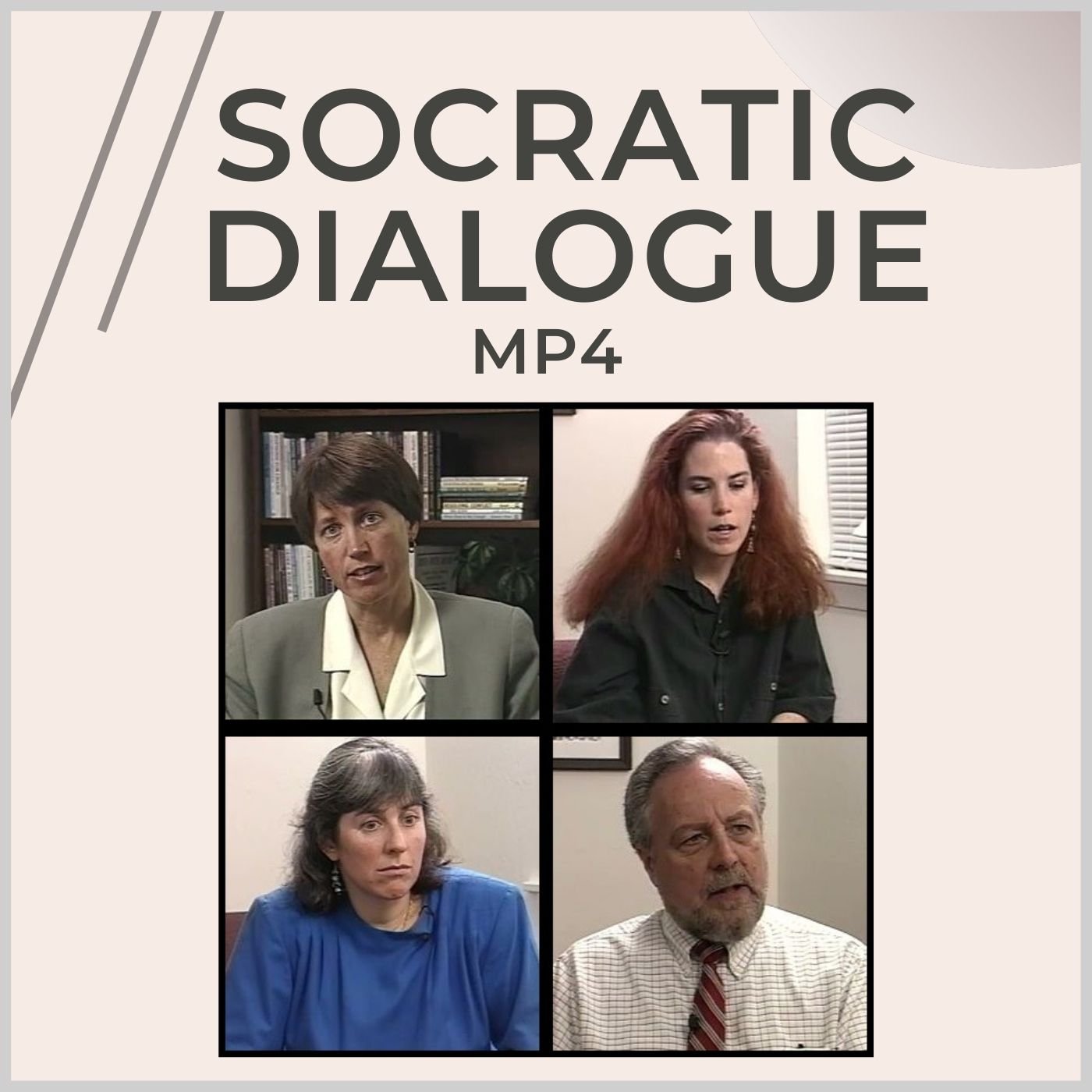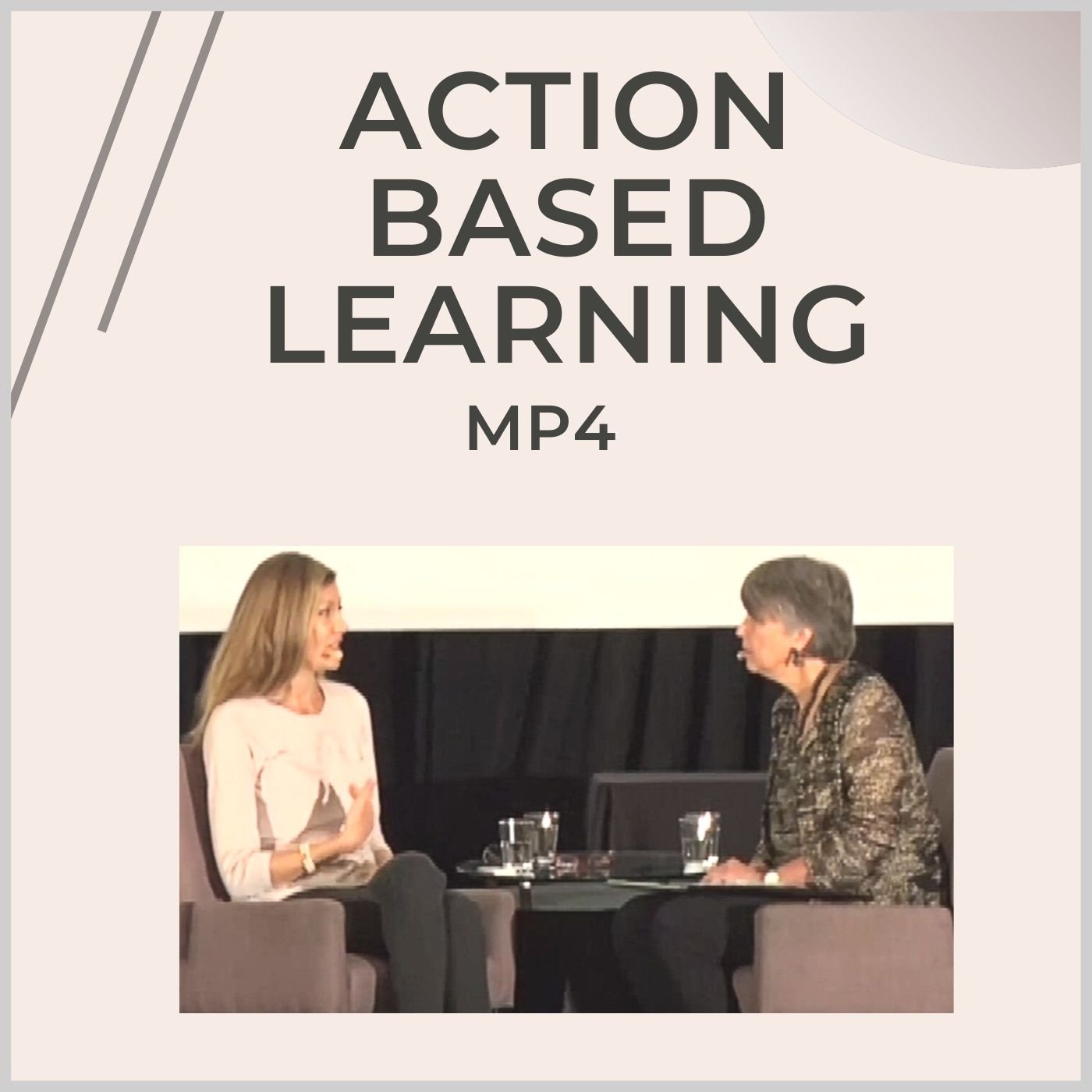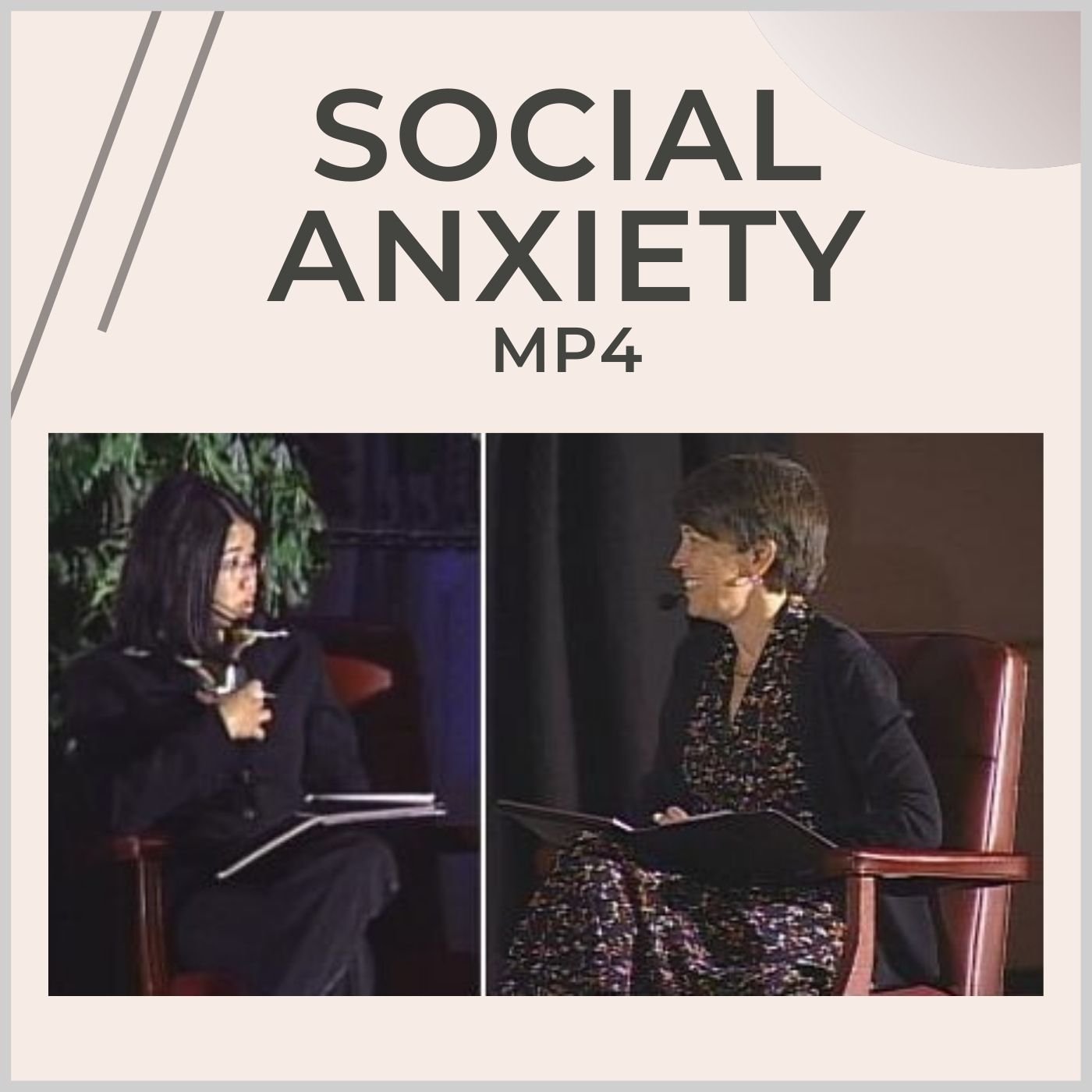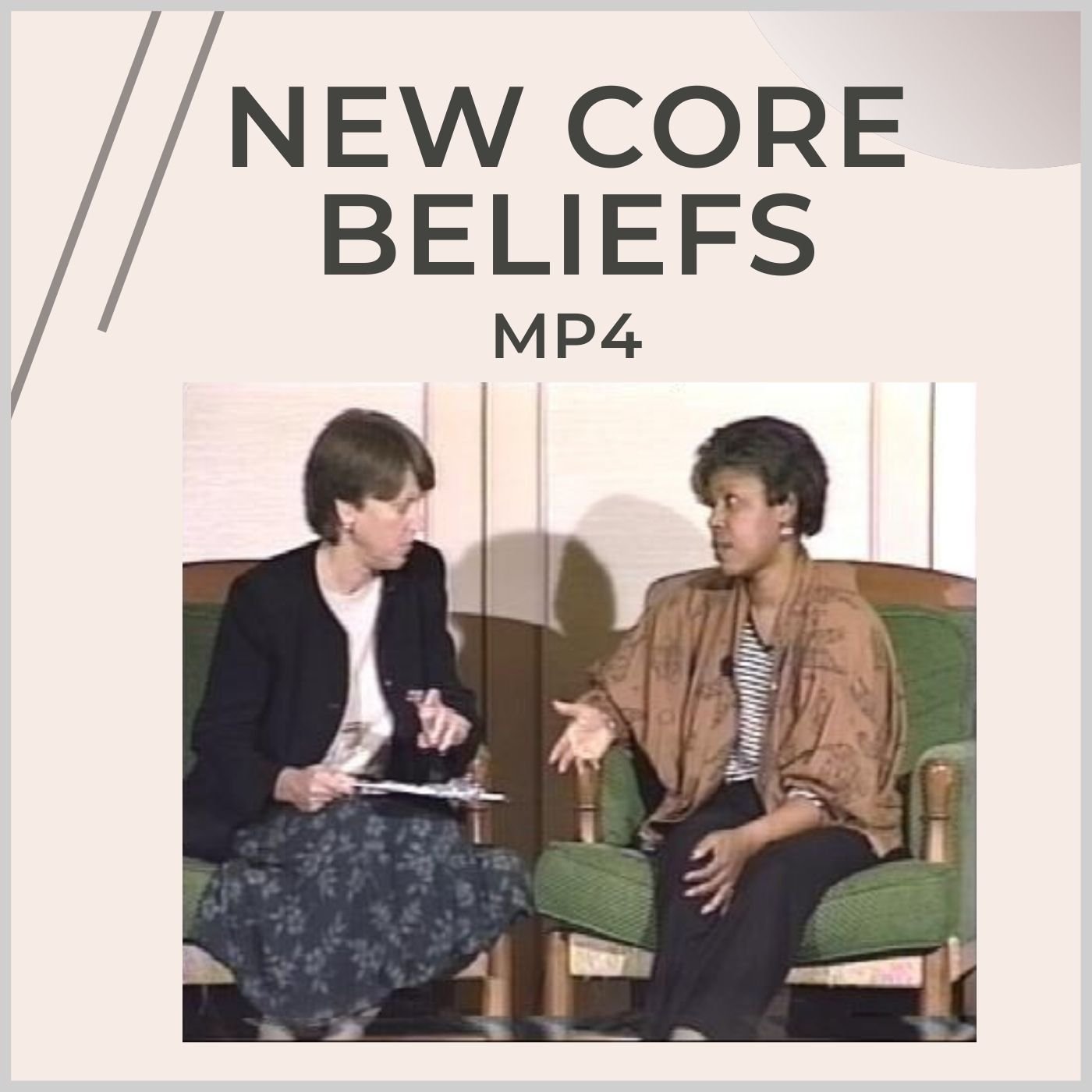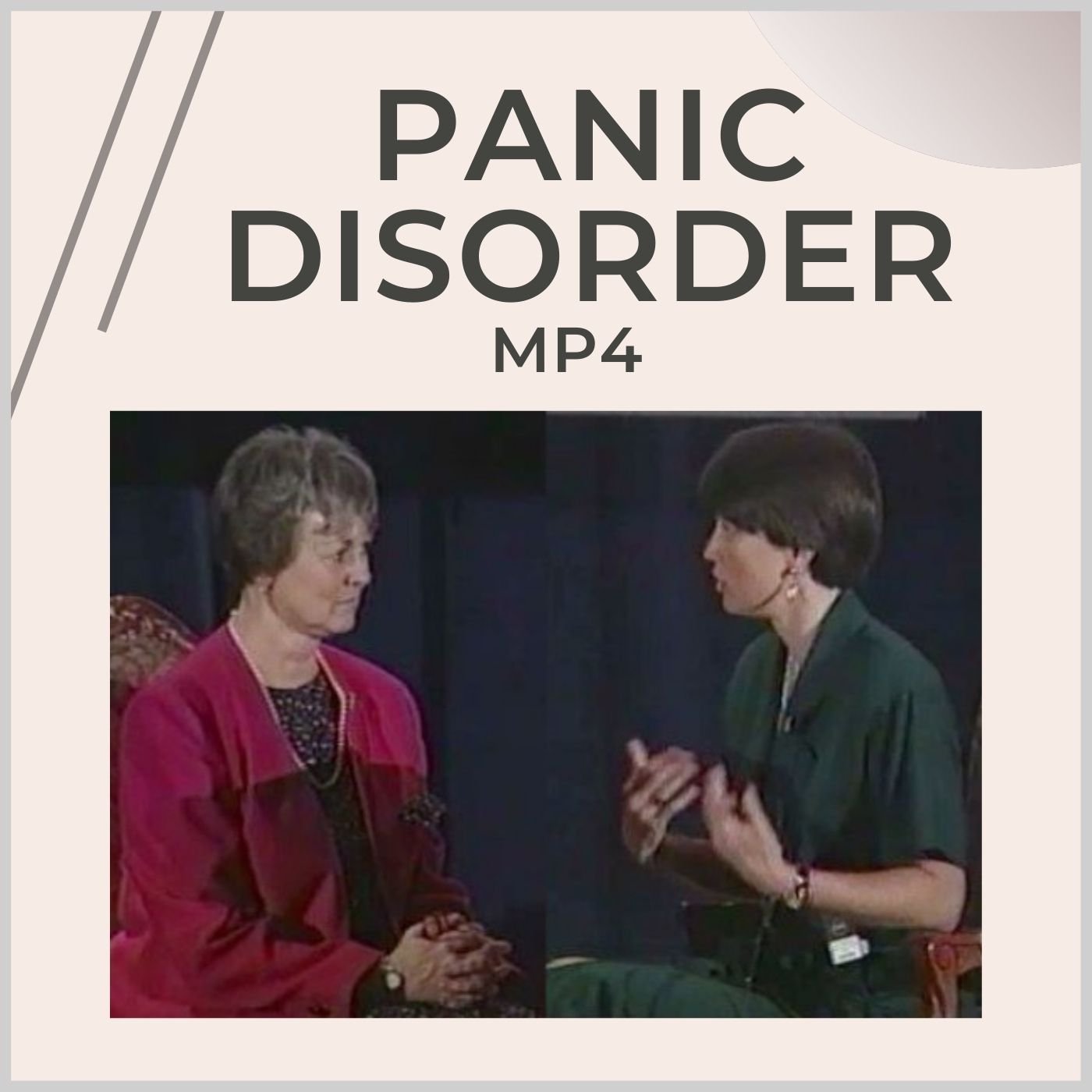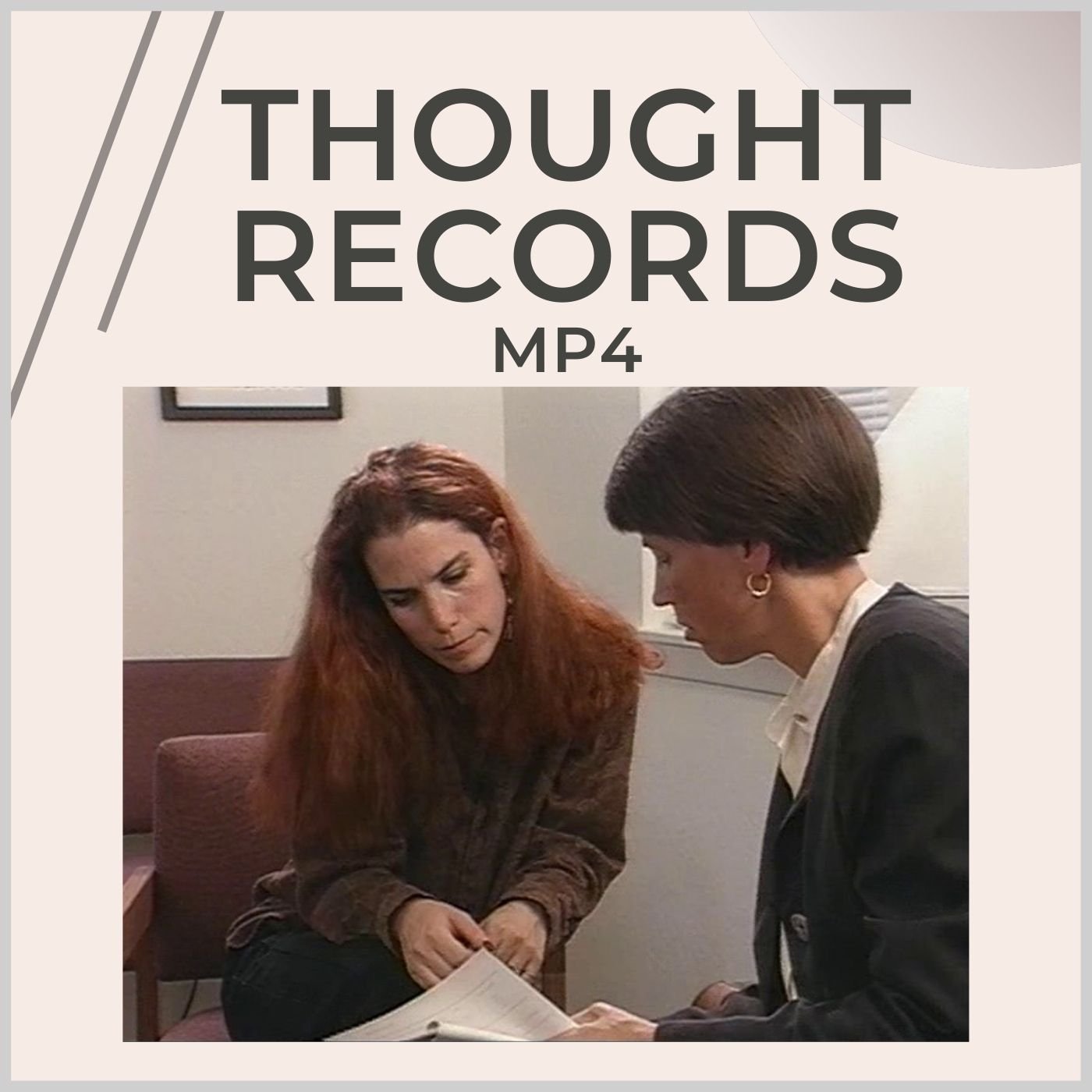
Thought Records - Test Automatic Thoughts (vATR)
ON SALE NOW - 44% OFF (reg $44.95 USD)
This is a purchase of an MP4 video file. Download expires in 30 days.Testing Automatic Thoughts with Thought Records
CBT Clinical Demonstration with Christine A. Padesky, PhD. Full Color MP4 video.
Run Time 70 minutes. Includes close-up shots of client and therapist notes.
Christine Padesky helps a depressed client explore her "hot thoughts" using the 7-column thought record. Watch an entire therapy session with narrative commentary about each section of the thought record. This session is a vivid demonstration of the integration of technique with a collaborative therapy alliance.
Padesky demonstrates the pacing and timing of a therapy session when testing automatic thoughts using a thought record. It is especially helpful to see how empathic and conversational the therapy session can be even while teaching skills in a structured way.
Time Codes
(use these time codes to quickly locate the sections)
00:00 - Introduction and explanation
01:40 - Beliefs & Interventions
14:33 - Situations, Mood, Thoughts
22:22 - "Hot" Thoughts
30:57 - Supporting Evidence
41:52 - Non‐supporting Evidence
50:44 - Search for Hidden Evidence
1:02:24 - Alternative / Balanced Thoughts
1:09:36 - Summary & Feedback, End Credits
Product SKU: vATR
© Copyright 1996 Christine A. Padesky, PhD / www.padesky.com / All rights reserved.


